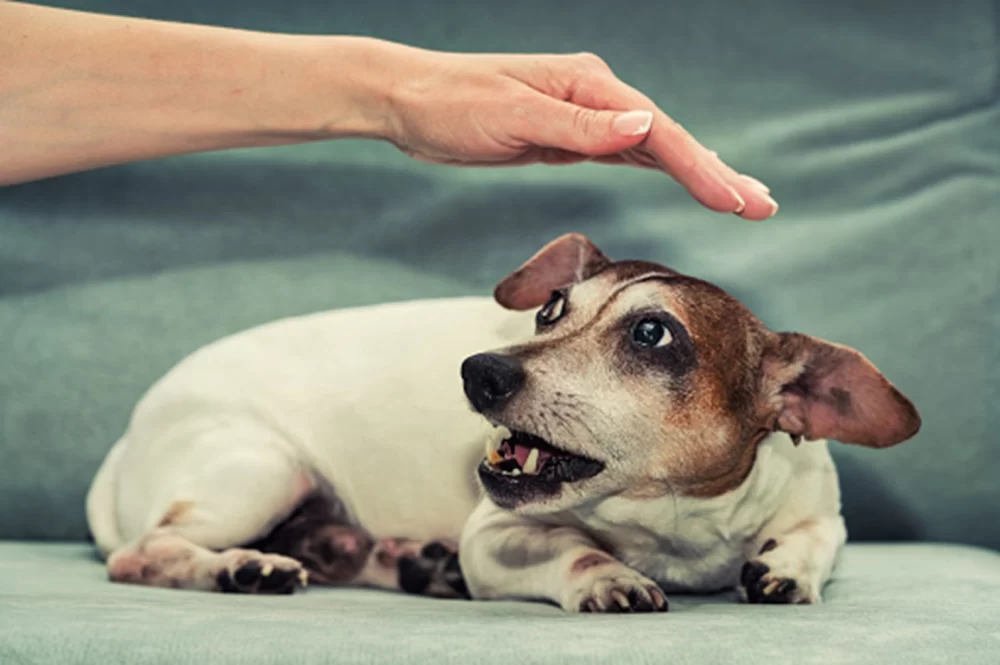- Understanding Rescue Puppy Fears
- Key Steps to Socialize a Rescue Puppy
- Addressing Common Fears in Rescue Puppies
- Real-Life Case Study
- Professional Advice for Owners
1. Understanding Rescue Puppy Fears
Rescue puppies often arrive in their new homes with a range of fears stemming from past trauma, lack of socialization, or unstable environments. These fears may manifest as timidity, anxiety, or even defensive behaviors. Understanding the root causes is essential when learning how to socialize a rescue puppy and help with fears.
1.1 The Impact of Early Experiences
Puppies who have experienced neglect, abuse, or frequent changes in caregivers may associate new environments or people with danger. Their brains are still developing, and negative early experiences can shape their responses for months or even years. Patience and gentle handling are critical during this delicate phase.
1.2 Recognizing Fear Signals
Common signs of fear in puppies include cowering, trembling, avoidance, and excessive barking or whining. Recognizing these signals helps owners respond appropriately and avoid inadvertently increasing stress.
2. Key Steps to Socialize a Rescue Puppy
Socialization is the process of exposing your puppy to a variety of stimuli, people, and environments in a controlled, positive way. It builds confidence and reduces fear responses. Here are essential steps for successful socialization:
2.1 Start Slow and Create Safe Experiences
Begin with low-stress situations and gradually introduce your puppy to new people and gentle pets. Always monitor their reactions and avoid overwhelming them. Positive reinforcement, such as treats and praise, encourages desired behaviors.
2.2 Use Consistent Routine and Gentle Handling
Consistency helps puppies understand what to expect, reducing anxiety. Gentle, calm handling during socialization sessions builds trust and helps the puppy feel secure.
2.3 Introduce Variety Gradually
Expose your puppy to different sounds, sights, and textures over time. Walks in quiet parks before busy streets, or short visits with calm dogs before playgroups, allow the puppy to adjust at their own pace.
3. Addressing Common Fears in Rescue Puppies
Rescue puppies may exhibit fears toward specific stimuli such as loud noises, strangers, or new objects. Effective management involves targeted techniques:
3.1 Desensitization and Counter-Conditioning
This approach gradually exposes the puppy to the feared object or situation at a low intensity, paired with positive rewards. For example, if your puppy fears vacuum cleaners, start by placing the vacuum in a distant room while giving treats, then slowly bring it closer over days or weeks.
3.2 Building Confidence Through Play
Engaging your puppy in fun, interactive play encourages them to associate new experiences with enjoyment. Puzzle toys, gentle tug games, and fetch can all help reduce anxiety.
3.3 Creating a Safe Space
Providing a quiet, comfortable area where your puppy can retreat when feeling overwhelmed is vital. This refuge becomes their sanctuary and reduces overall stress.
4. Real-Life Case Study
Consider the story of Bella, a rescue puppy who arrived extremely fearful of people and loud noises. Her owner worked closely with a trainer, introducing socialization exercises slowly over several months. Through consistent exposure, positive reinforcement, and the creation of a safe home environment, Bella blossomed into a confident, playful dog. Her journey highlights the importance of patience and tailored socialization strategies when learning how to socialize a rescue puppy and help with fears.
5. Professional Advice for Owners
Experts recommend that owners of rescue puppies seek guidance from veterinarians and professional trainers to tailor socialization plans effectively. Hidden Brook Veterinary offers valuable resources, including behavioral consultations and recommendations for training tools that suit fearful puppies.
Additionally, early veterinary check-ups help rule out medical issues that might contribute to fear or anxiety. Combining medical and behavioral support ensures a holistic approach to your puppy’s well-being.
By understanding your puppy’s unique background and following proven socialization techniques, you can transform a fearful rescue puppy into a confident, well-adjusted companion.












